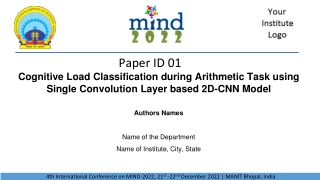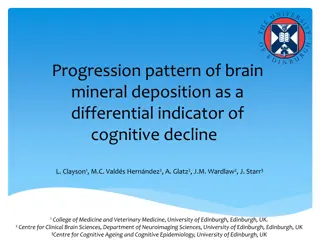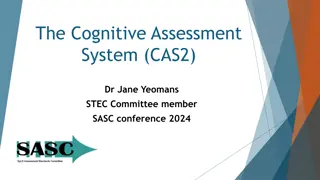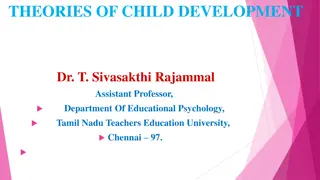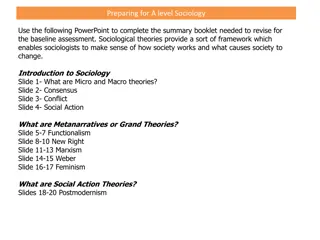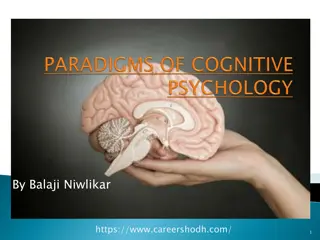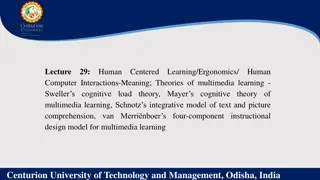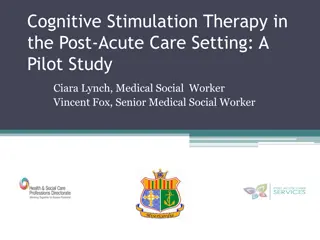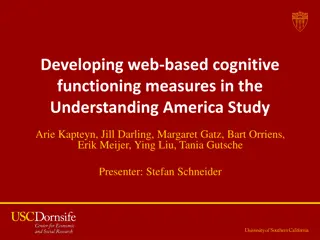Neurophysiology Theories and Cognitive Processing
The fascinating world of neurophysiology theories, cognitive processing, and the impact of environmental factors on brain development. Discover insights into memory consolidation, learning theories, and the brain's intricate functions explained through images and textual content.
Download Presentation

Please find below an Image/Link to download the presentation.
The content on the website is provided AS IS for your information and personal use only. It may not be sold, licensed, or shared on other websites without obtaining consent from the author.If you encounter any issues during the download, it is possible that the publisher has removed the file from their server.
You are allowed to download the files provided on this website for personal or commercial use, subject to the condition that they are used lawfully. All files are the property of their respective owners.
The content on the website is provided AS IS for your information and personal use only. It may not be sold, licensed, or shared on other websites without obtaining consent from the author.
E N D
Presentation Transcript
Neurophysiology Theories Dinda Permatasari Harahap Faculty of Psychology Universitas Medan Area dinda@staff.uma.ac.id
Information Processing Theory Cognitive theory of learning that describe the processing, storage, and retrieval of knowledge in the mind
Donald Olding Hebb 1904 - 1985 Principle of Equipotentiality If one part of the cortex is destroyed, other parts of the cortex take over the destroyed portion s function. The Cortex functions as a whole .
THE BRAIN Does not act as a simple switchboard, as the behaviourists and associationists had assumed Hebb s Three Observations INTELLIGENCE Comes from experience and therefore is not genetically determined CHILDHOOD EXPERIENCES Are more important in determining intelligence than adult experiences
Restricted Environment Major Theoretical Concepts Several experiments demonstrate disabling effects that restricted environment has on early learning and development of the nervous system
Enriched Environment Major Theoretical Concepts Greater sensory diversity provided by enriched environment allows animals to build up more numerous and more complex neural circuits or networks
Major Theoretical Concepts Major Theoretical Concepts Each environmental object we experience stimulates a complex pattern of neurons called a cell assembly
Memory CONSOLIDATION THEORY Anythihng that disrupts STM should also disrupt the LTM The contention that STM is converted into LTM ANTEROGRADE AMNESIA DECLARATIVE MEMORY If the hippocampus is damaged, there is failure to learn new information Hippocampal damage interferes with the ability to know that you know
Declarative Memory versus Procedural Memory Procedural memory is knowing how to .
Early learning characterized by building cell assemblies and phase sequence Later learning explained more by Gestalt principles than by associationistic one Hebb on Education Suggests different kinds of classrooms for younger versus older learners.
Words of Inspiration Thank you


